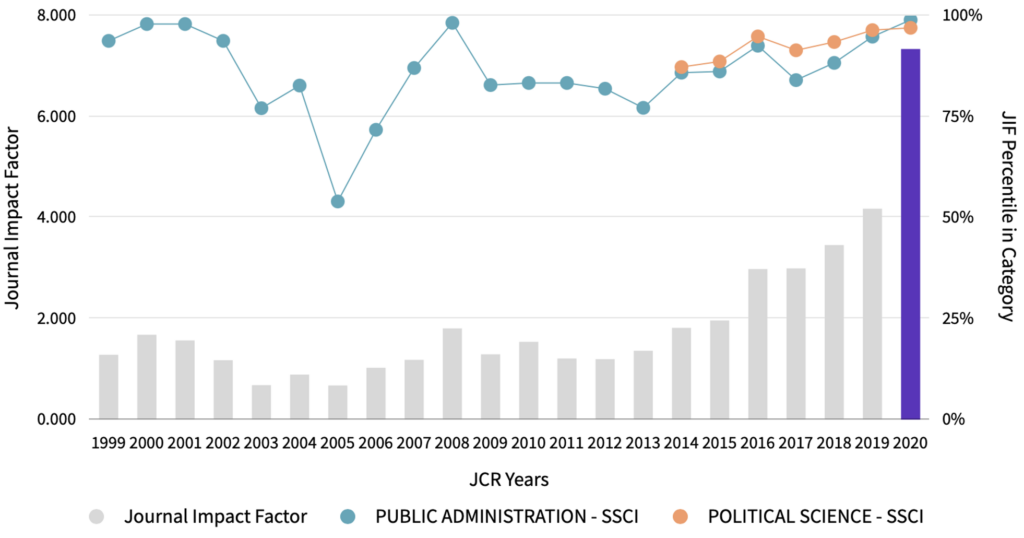
Freedom of movement is one of the key principles of EU integration and has provoked mixed attitudes in particular in Eastern Europe: While public support for free movement is high, negative externalities of this principle, such as population loss, become increasingly noticeable. Against this background, Christof Roos explores in his article EU responses to the expectation gap between the policy design of free movement (e.g. export of surplus labour, remittances) and its outcomes (e.g. brain drain, labour shortage). Based on content analysis of scholarly literature, EU documents and English language news outlets from 2010 to 2020, Christof demonstrates that Central and Eastern European governments managed to transform national discontent with the effects of freedom of movement into a call for compensation. To respond to the policy’s negative externalities, the overall setting of the principle of freedom of movement has only changed slightly. Instead, through the process of ‘institutional layering’ new compensatory measures were introduced to the freedom of movement framework in order to account for population loss. With these findings, the article implies that this strategy of institutional layering allows to incrementally change policy frameworks while preserving the status quo of key principles.











